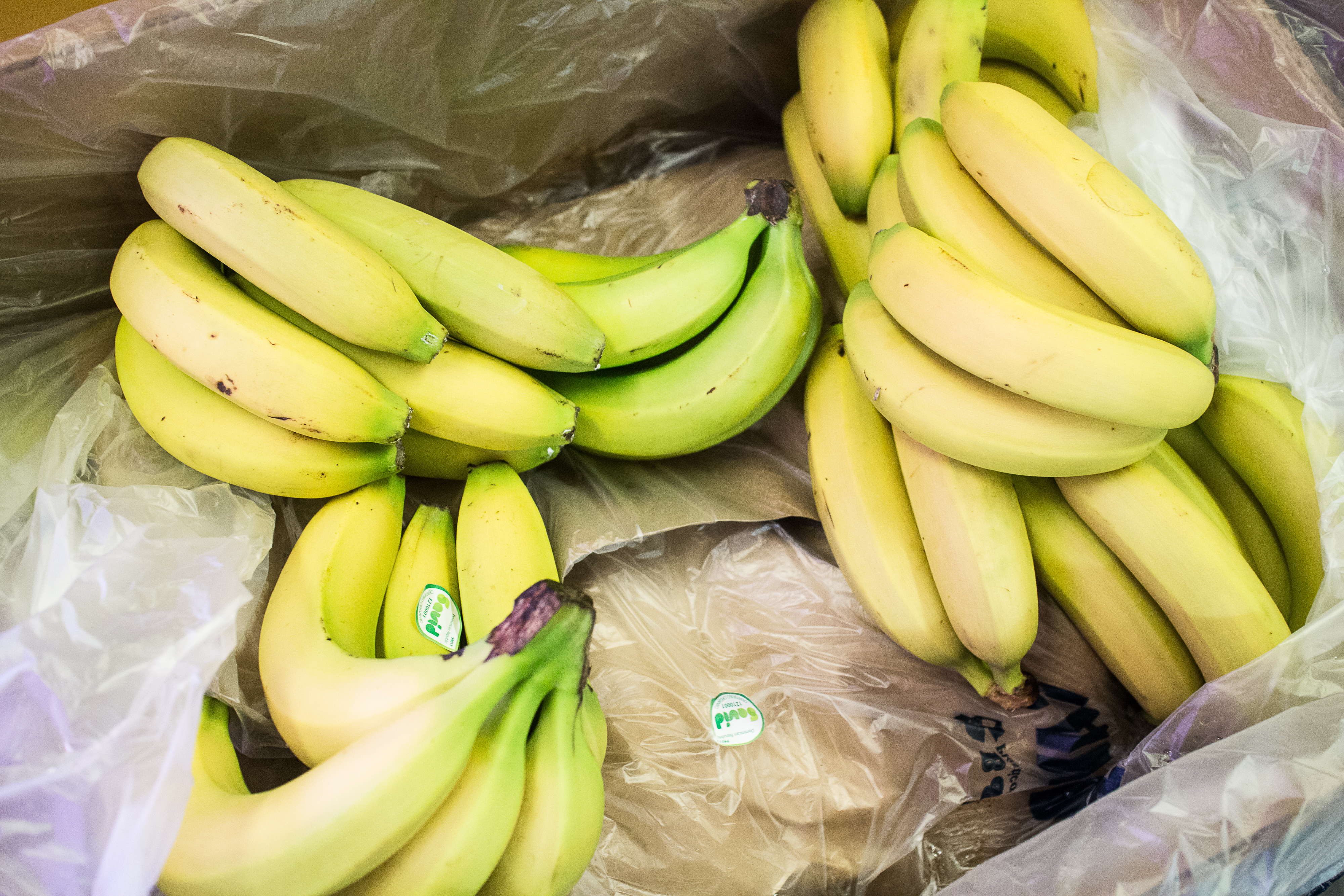Belgian scientists develop genetic technology to protect bananas

A research team at KU Leuven has developed a new genetic technique to make bananas more resistant to disease. As the method does not involve adding DNA to the plant’s genetic code, it could be approved for commercial use under European regulations.
Bananas are one of the world’s most important crops, providing a staple food for over 400 million people in the Global South. However, commercial bananas are seedless and must be propagated by cutting and replanting, meaning all plants are genetically identical.
“This uniformity makes bananas look and taste the same, but it also makes them vulnerable to disease and extreme weather”, explains plant biotechnology professor Hervé Vanderschuren. “Climate change is making it even harder for farmers to protect their crops.”
”Climate change is making it even harder for farmers to protect their crops.”
To address this, the KU Leuven team sought a way to modify banana DNA without breaching strict EU regulations, which prohibit adding foreign DNA to crops. Their solution, based on CRISPR technology, involves making a small, precise change to the genetic code.
“We alter a single letter in the DNA sequence”, Vanderschuren says. “This kind of mutation could have occurred naturally.”
“This kind of mutation could have occurred naturally”
While countries outside Europe are already commercialising CRISPR-modified crops like maize, potatoes, and tomatoes, the EU has been cautious. However, in 2024, the European Parliament approved CRISPR as a tool for crop improvement, and discussions are ongoing about its use in food production.
The KU Leuven study has been published in the scientific journal New Phytologist.
#FlandersNewsService | Illustration picture © BELGA PHOTO SISKA GREMMELPREZ